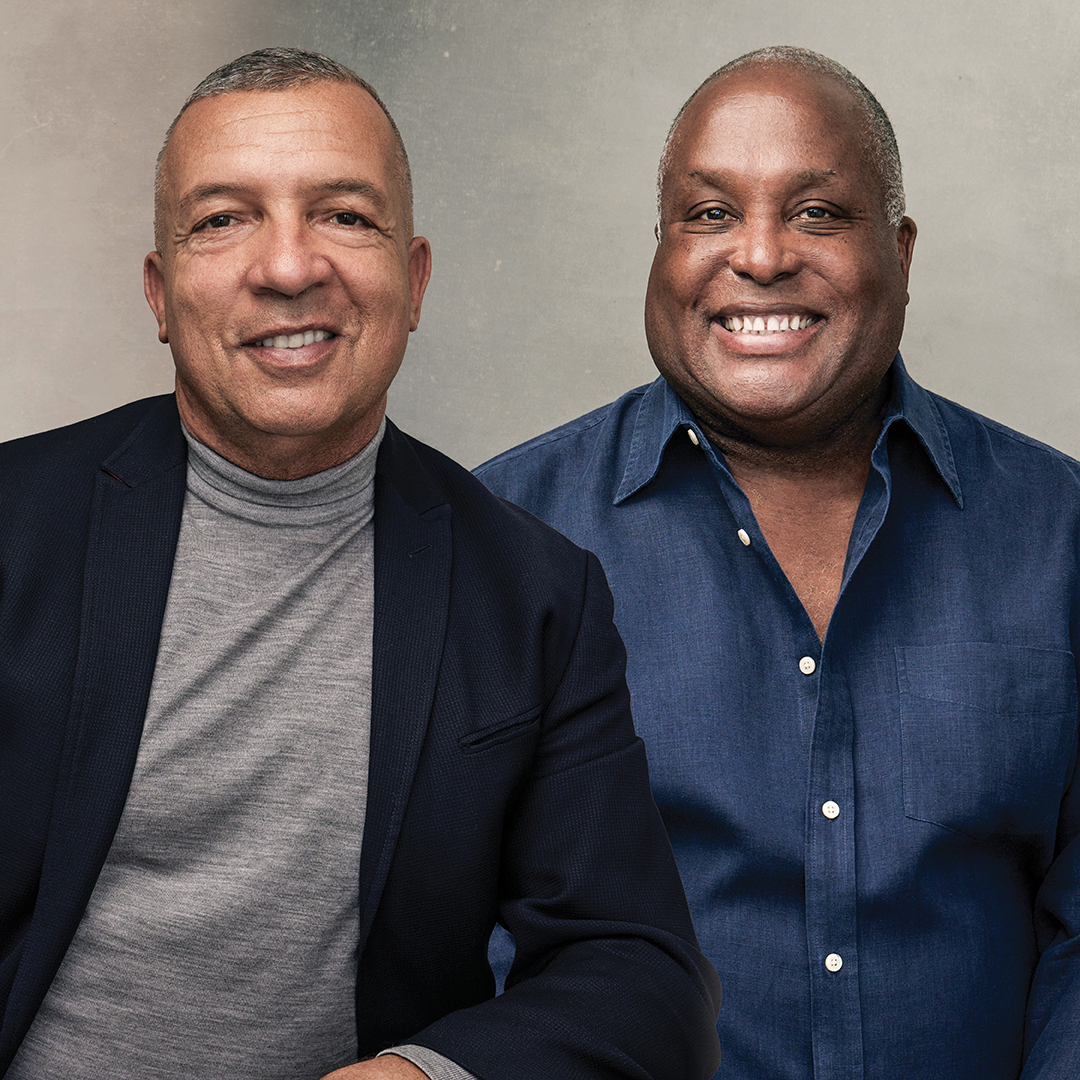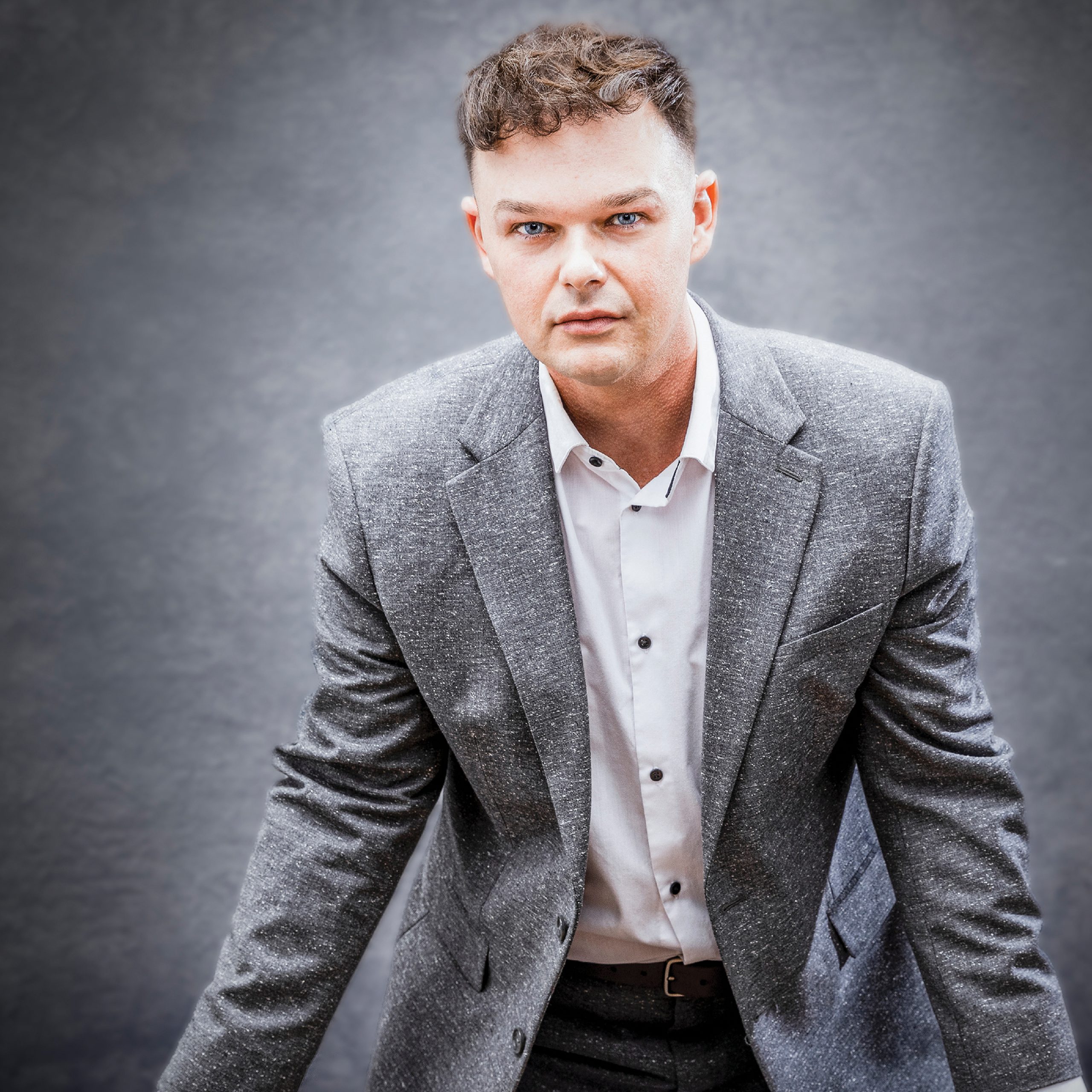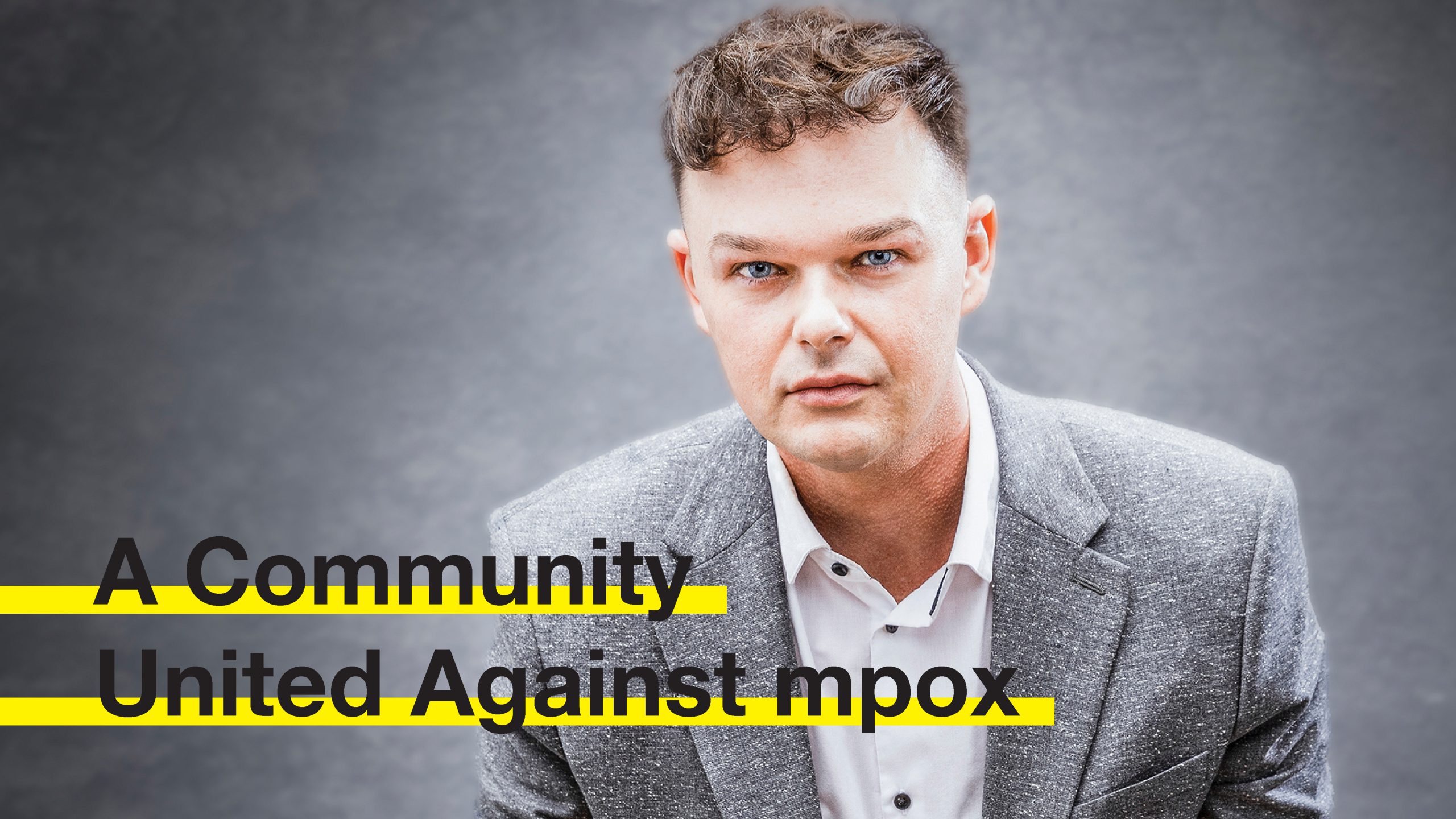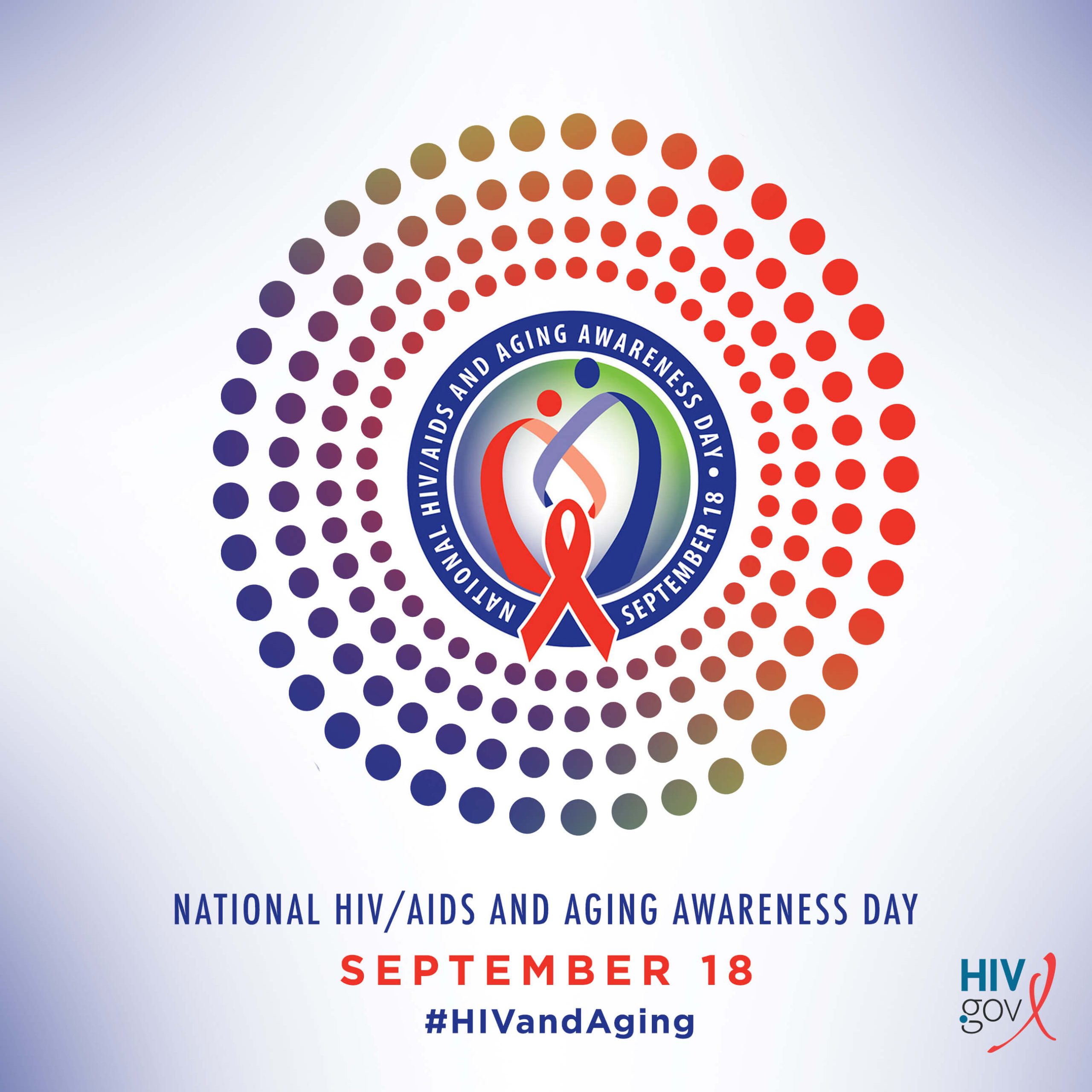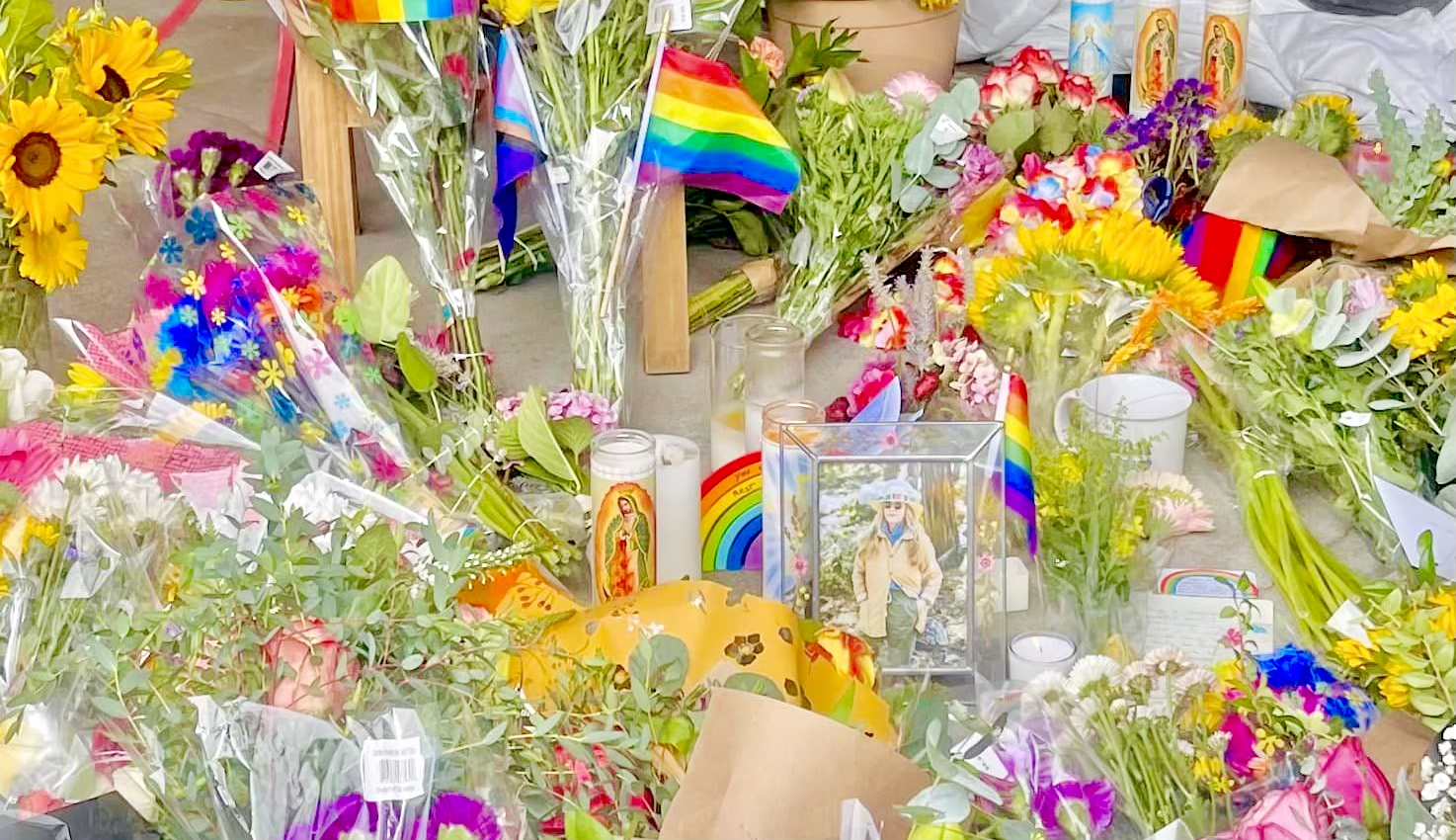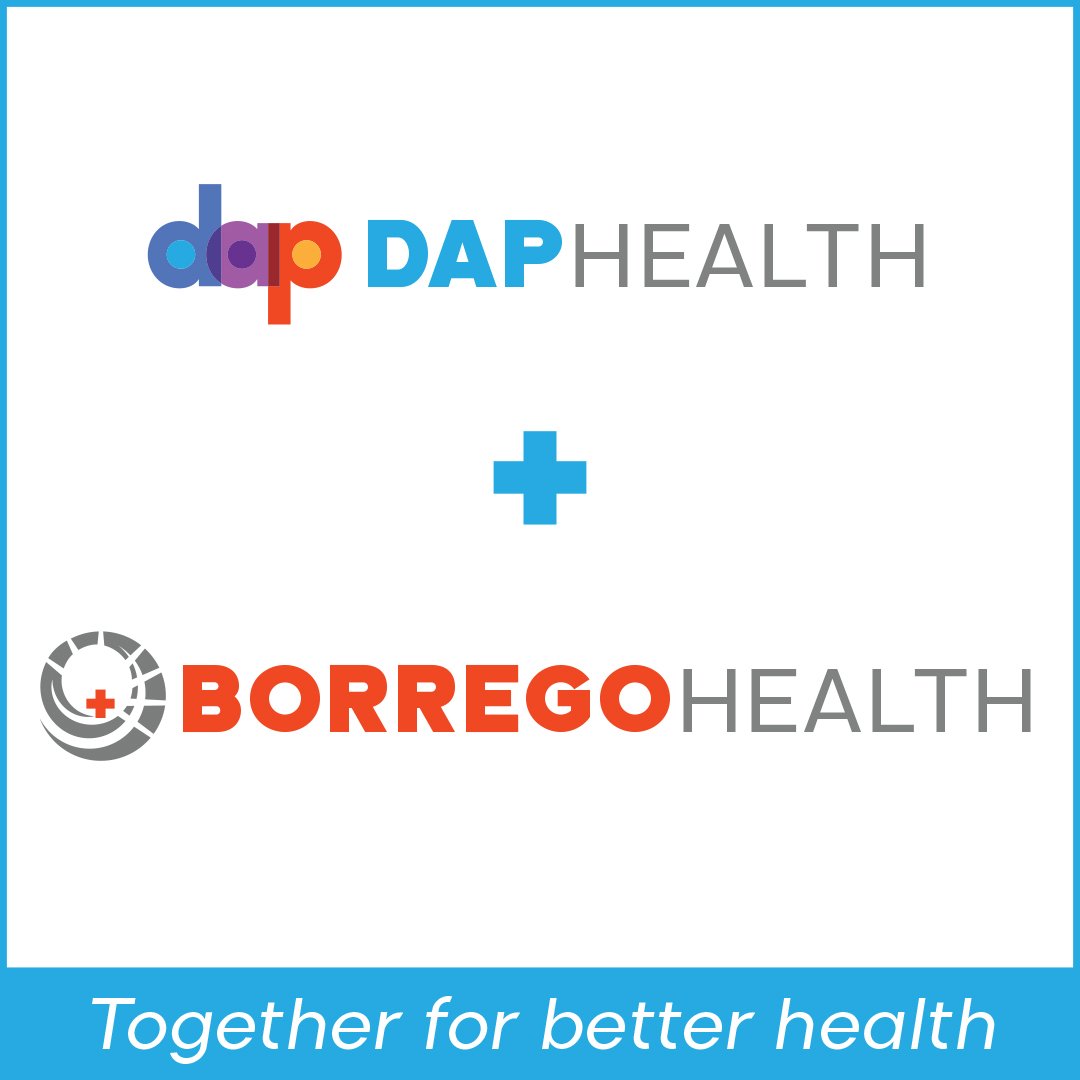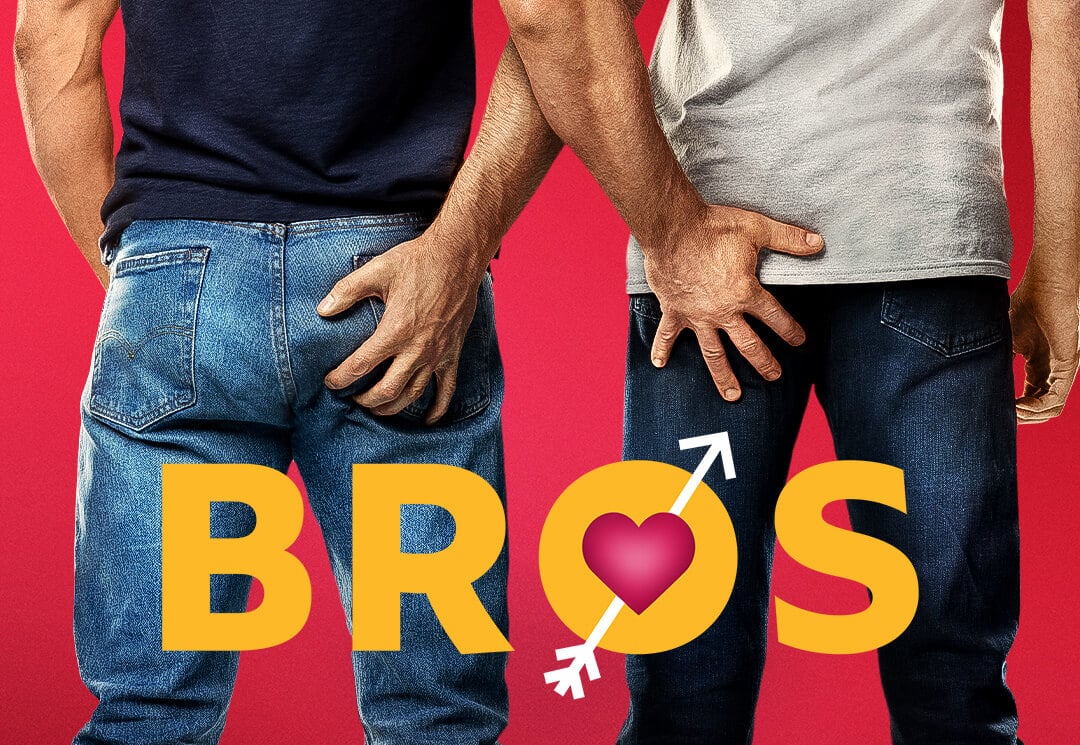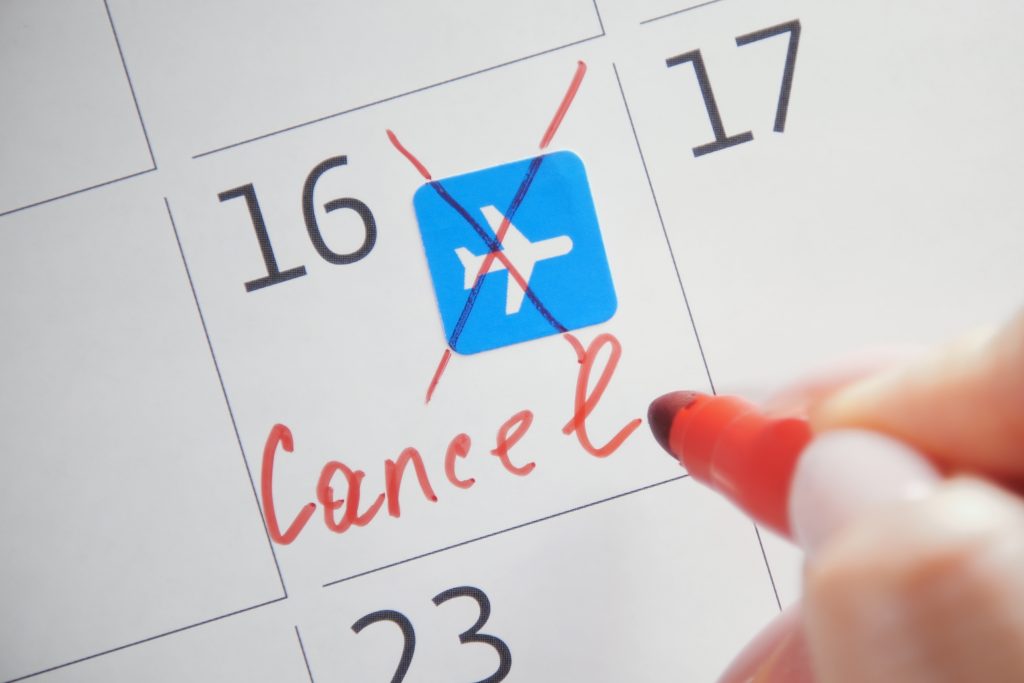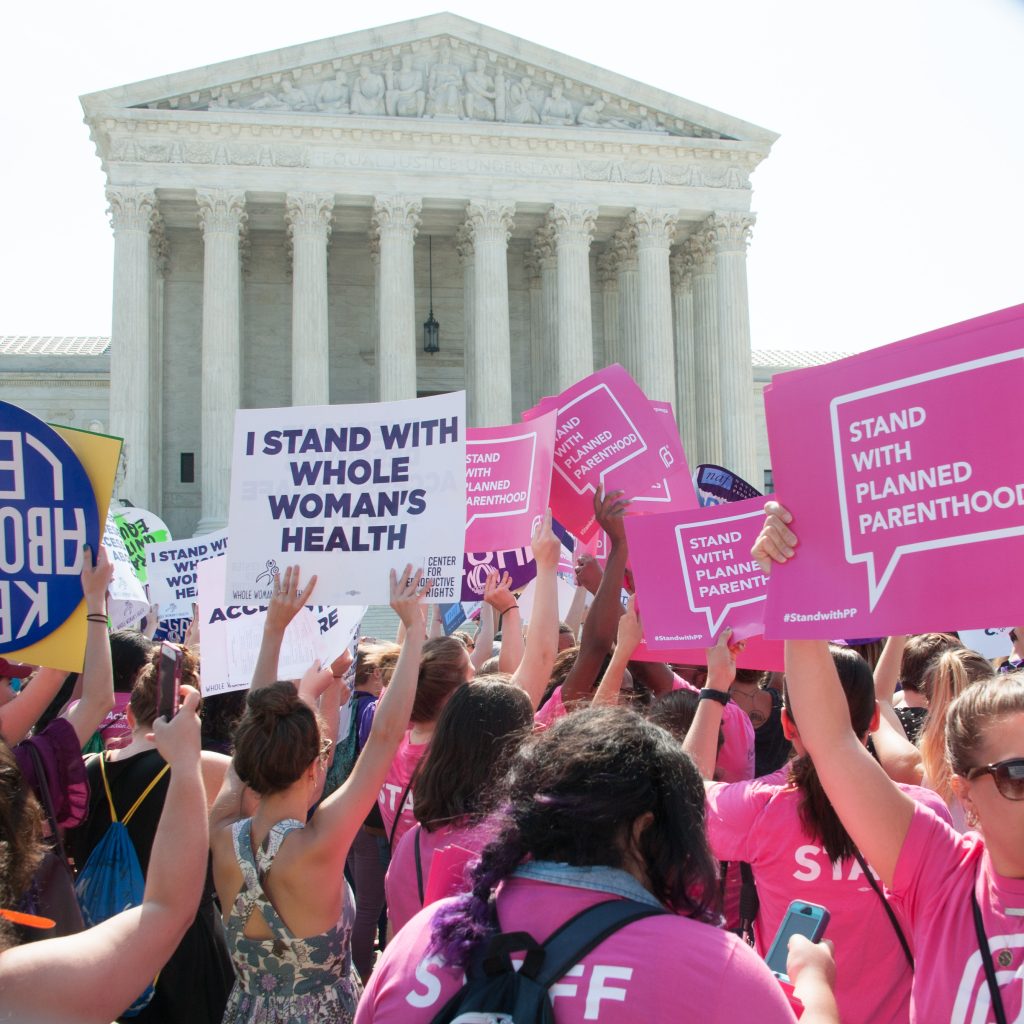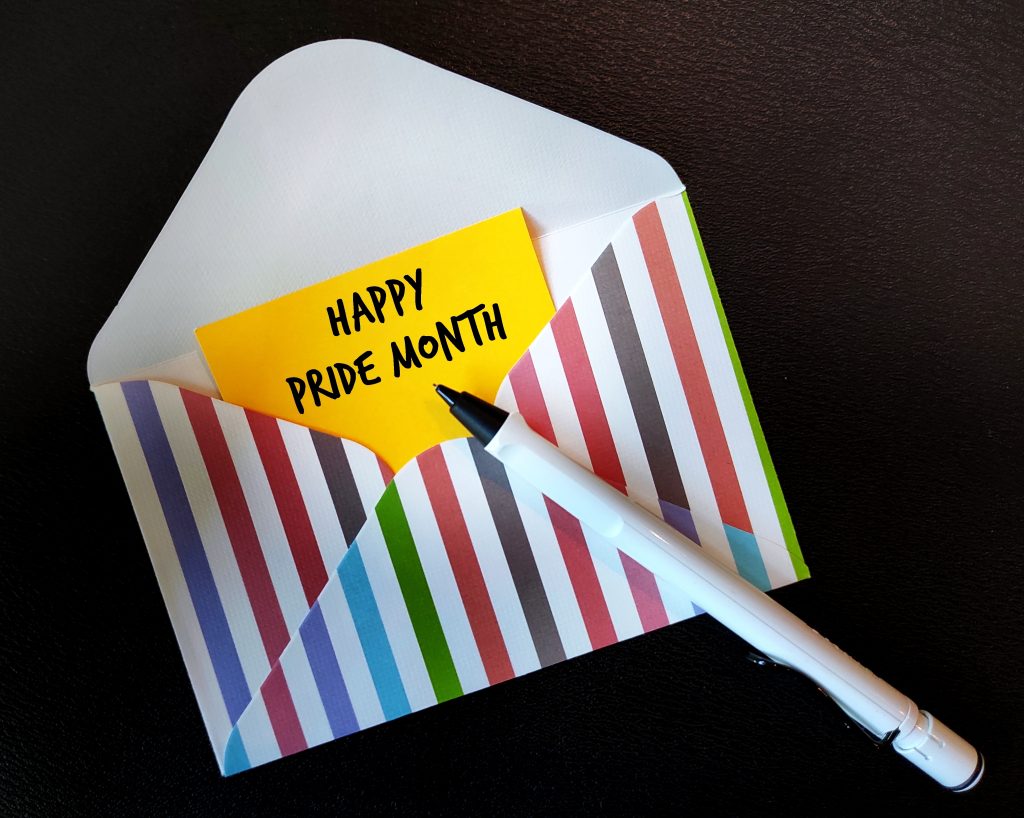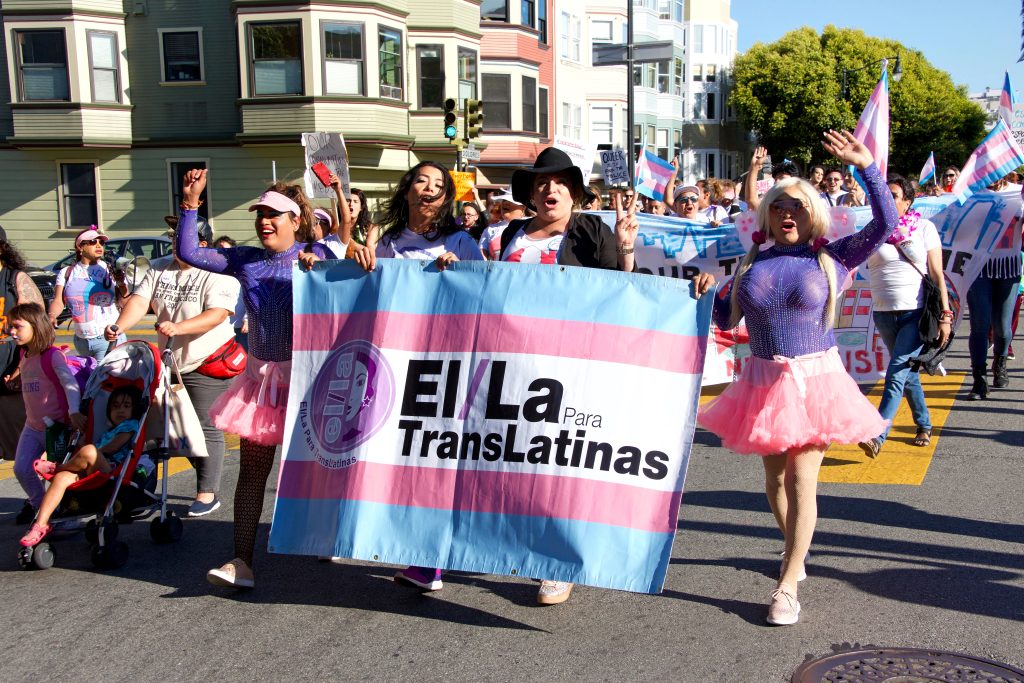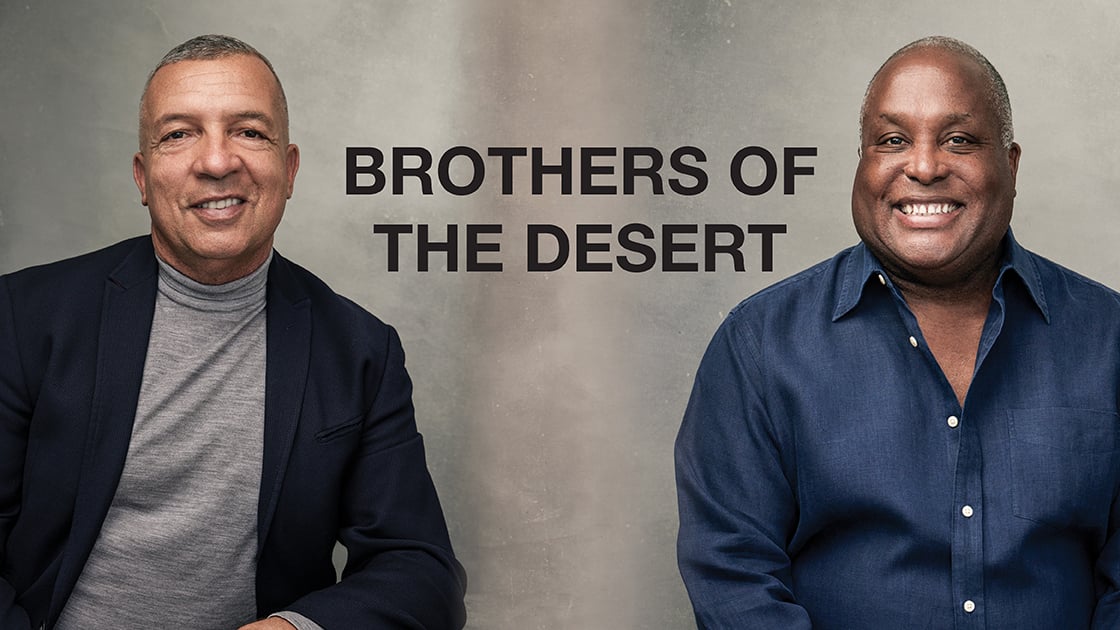
He Ain’t Heavy
Brothers of the Desert President Tim Vincent says the organization’s wellness summit allows gay Black men to connect to community and health
Words by Trey Burnette • Photo by Aaron Jay Young
The Coachella Valley likes to pride itself on diversity. However, attending community functions, programs, or gatherings could lead one to believe the desert community is less diverse than it considers itself to be.
At a 2017 New Year’s Eve gathering, a group of friends — all of whom were gay Black men — realized they all shared similar feelings of isolation and disconnection from much of the greater Palm Springs community. They knew men like them were out there, living productive lives, but they didn’t always see one another partaking in the many activities the valley had to offer. They felt isolated not only as individuals but also as a smaller community within the larger desert family.
Tim Vincent was one of those men at the party. To meet him, it’s hard to imagine he would feel isolated and disconnected from any community, but he says after moving to Palm Springs with his partner about six years ago, they had “the only people in the room” moments. At first, he didn’t notice it; he was used to being different. “But it can be hard being the only Black person in the room,” he says. Then he discovered others were experiencing the same feeling he and his partner were, and suspected there had to be more men he didn’t know out there facing the same feelings.
The men were having a James Baldwin flash — the challenge was in the moment and the time was right. So, they acted by reaching out to the other gay African American men who felt isolated and disconnected, and formed Brothers of the Desert (BOD). Their mission was “to nurture and support gay Black men and allies through education, advocacy, social networking, volunteerism, and mentorship.”
Today, Vincent serves as the president of the nonprofit, which was formalized as such in 2020. He has more than 30 years of experience working in the HIV and health care fields, including work with the CDC and the University of California San Francisco. His understanding of health care and patient engagement was beneficial as BOD grew and formed partnerships with DAP Health.
Vincent explains that BOD started with monthly meetings where members could discuss concerns affecting them and the community. The leading members realized the community needed more than meetings, so they formed their first outfacing event, their Wellness Summit, in November of 2019, originally held at the LGBTQ Community Center of the Desert. DAP Health became a sponsor in their third year.
“We were building and investing in the health and wellness of our community,” Vincent says. “We wanted to take a holistic and comprehensive approach, addressing community members’ physical, mental, spiritual, financial, and social health.” And they did. What the Wellness Summit offered was tailored to the needs of the Black community. They incorporated the intersection of being Black and gay and how the stressful effects of racism and homophobia affect the individual’s and community’s health.
Four years later, the annual Wellness Summit has grown and is now held at Margaritaville Resort Palm Springs. DAP Health is still a sponsor, and the November 2022 summit had about 200 guests — twice the size of the first event. The Wellness Summit hosts speakers who are medical doctors, spiritual practitioners, business leaders, yoga instructors, and other experts offering education in their specialized fields. It creates a space where people feel comfortable asking wellness questions. Workshops are also available for guests to get hands-on experiences with wellness practices. Vincent has received positive feedback from attendees, and hopes the event will grow into a multi-day affair.
BOD also provides a quarterly speaker series throughout the year. Guest lecturers are thought leaders and experts who give educational talks that support and maintain what is learned at the Wellness Summit. Participants can engage and discuss topics like mindfulness, systemic racism, microaggressions, and mental health for Black queer people. Furthermore, those chats also act as a gateway for BOD to steer members to DAP Health, where they can find similar wellness opportunities to the ones they learned about at the Wellness Summit. Acupuncture, yoga, massage, sex and intimacy groups, stress-management groups, and building-positive-life groups are just some of the opportunities attendees can take advantage of to maintain a holistic approach to wellness.
As the partnerships between BOD and DAP Health grow, Vincent hopes Black community members will deepen their knowledge that both organizations can help them find health resources and solutions.
For more information, please visit brothersofthedesert.org and follow the group on Insta @brothersofthedesert.









